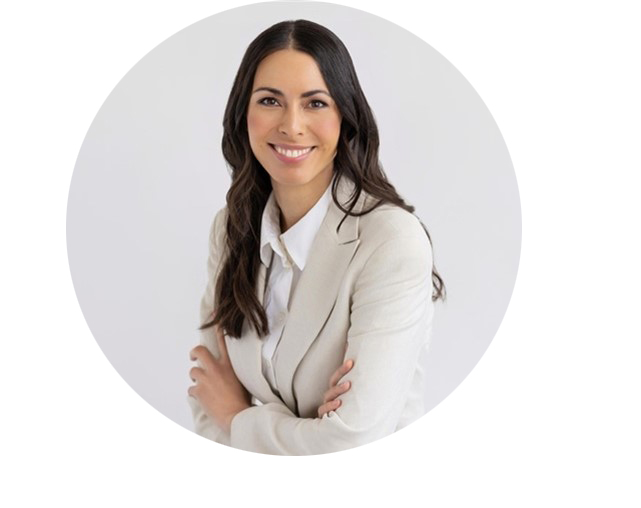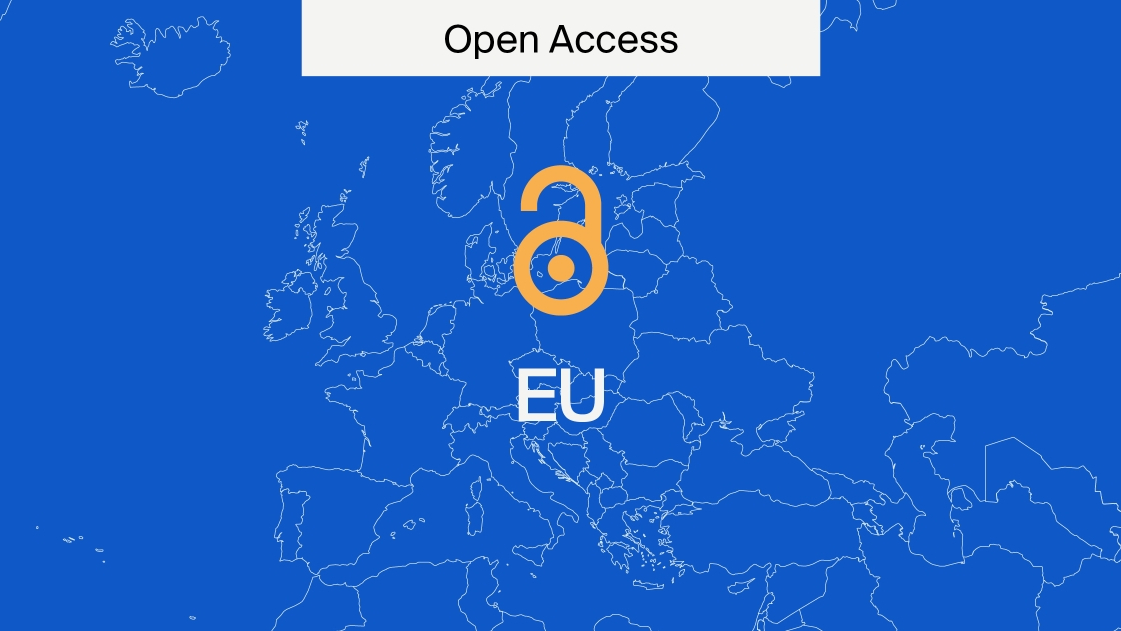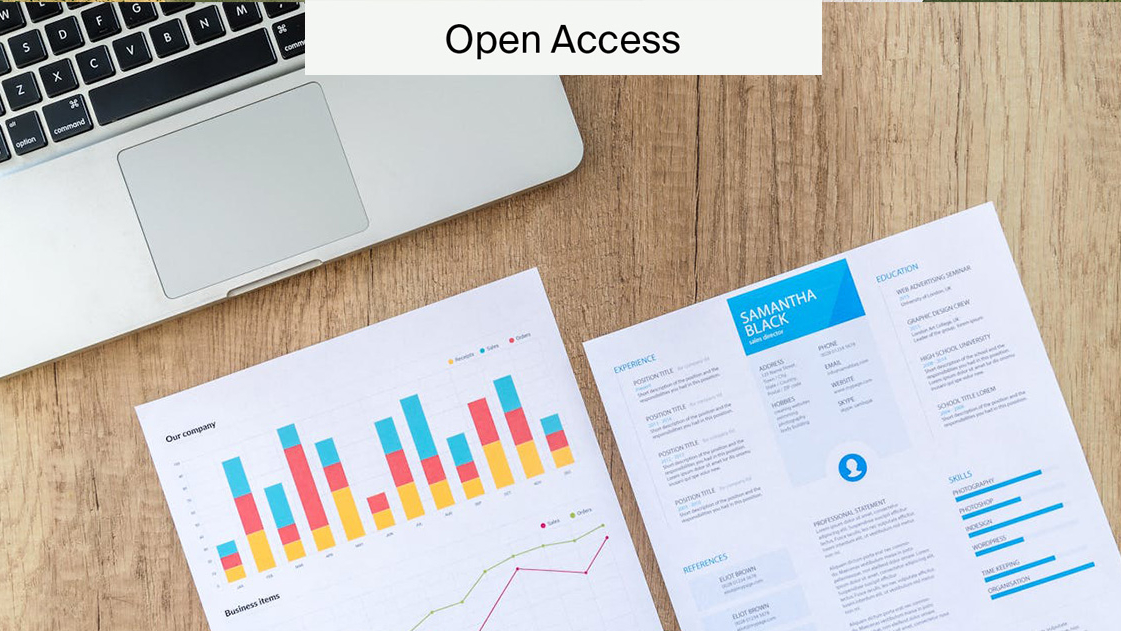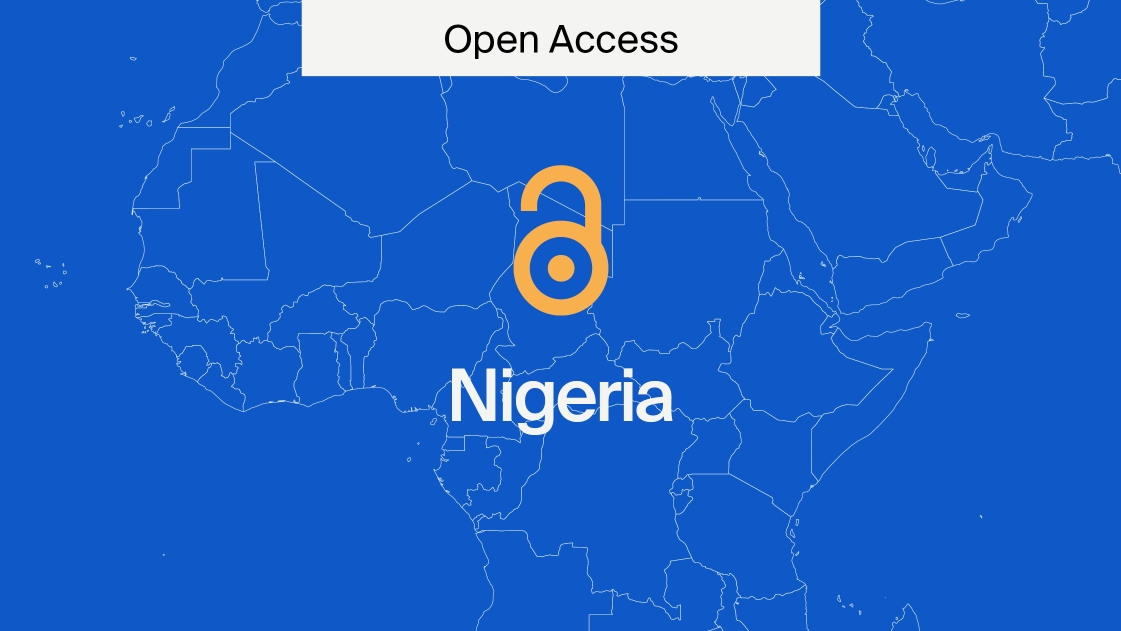
Are we on the Verge of Global Collapse?
MDPI enables researchers to publish open access, meaning that their research is accessible online and free for anyone who wants to access it. Because of this open access, articles are more likely to be included in search engines and indexing databases. This allows researchers’ work to reach a bigger audience and create a bigger impact. They can also publish their work in various formats, including in book format. Using the service MDPI Books, authors have the opportunity to publish research in this way. Books published by MDPI cover many exciting topics and current trends in research. One of these trends follows sustainability, economics, and the environment. A particularly highly anticipated book that covers this trend is “5 Insights to Avoid Global Collapse” by sustainability expert Gaya Herrington.
This is a huge trend right now because of the current climate crisis. We can no longer deny the effects that humans have had and continue to have on the planet. The evidence is clear that the earth’s surface temperature has increased by 1°C from 1880. Although this may not seem a large increase, the significance of this is very telling by the planet’s reactions. This includes increased droughts, forest fires, and increased ocean temperatures. All of which can result in the death of ecosystems, such as coral reefs, rainforests, and urban ecosystems.
Ecosystems are where communities of organisms begin and thrive. Without them, we would see the fall of many crucial species and their roles on the planet. One example of this is bees which pollinate many important crops such as broccoli.
It’s well known that we must act now to limit the rise in global temperature. So much so that in 2015 an international treaty was signed to combat climate change. This is known as the Paris Agreement which pledges to limit global warming to below 2°C.
MDPI books support key elements of what is necessary for a sustainable future: sustainability education and global participation.
About the author

Gaya Herrington is Vice President of Schneider Electrical Global, a specialist company in energy management.
Last summer, Herrington’s research started trending all over the world. It validated the findings from the 1972 book Limits to Growth. That if humanity kept endorsing economic growth while ignoring environmental costs, there would be a sharp decline in the standards of living and human population in the 21st century.
The study used a model which was based on the work of Massachusetts Institute of Technology (MIT) scientists.
This method was a system dynamics model, which helps to make decisions for complex issues. The easiest way to describe this kind of model is that it resembles a flow chart of sorts.
It consists of variables which are all connected. This means that when the model is run, one can get an idea of how all these different interactions will play out over time. Complex issues like climate change, for example, can be overwhelming. System dynamics modelling helps to make sense of them, and points to lasting solutions. The Limits to Growth model, for example, consisted of interacting variables such as population, fertility rate, pollution, industrial production, welfare level, and ecological footprint, among other things.
Herrington used the Limits to Growth model in her research last year, to examine how the output compared against current real-world data. Herrington concluded that empirical data showed a close track with the model, which would indicate a global collapse setting in around present time and starting its steep decline around 2040 if nothing changes.
Her latest book release with MDPI will update her research with the latest empirical data. Along with this exclusive research update, her book also contains a more in-depth discussion about what her findings indicate for future global developments. Importantly, the book identifies which systemic changes we can still make, for a better tomorrow. For example, recognising that growth is not a good goal, and is the cause of society’s problems.
What does the term global collapse mean?
Global collapse is a terrifying phrase. It means that economic and industrial growth will stop and then decline. This would result in increases in pollution and mortality rates, and decreases in food production, population, fertility rates, non-renewable resources, and overall human welfare. But Herrington’s conclusions are not all negative; the results show that we do still have time to avoid ecosystem breakdown.
Global collapse has been at the forefront of people’s minds over the last few years. During the pandemic, there was a lot of uncertainty regarding the global economy. This put the environment in the spotlight and reminded the public of how fragile our world is. An Ipsos Mori survey from 2020 asked the public if they feel they have a responsibility to ensure our generation doesn’t destroy the planet, 80% of participants agreed with this sentiment.
The environment has been a big factor in this, as the public has witnessed key evidence of climate change. One example of this is an increase in forest fires which have been seen all around the globe, including in Australia, South and North America, Europe, and even the Arctic.
Just last month, Europe reported its highest ever recorded temperature at 43°C. This resulted in widespread wildfires in France and Spain, forcing thousands of people to evacuate their homes. The heatwave in the UK also reported its highest ever temperature at 40.2°C, which resulted in various fires breaking out in the south of England.
This has been a problem for decades in the US, and continues to be a problem. The incidence of forest fires is projected to increase over the next 50 years. This devastation has been caused by a global temperature increase of 1°C. As all these issues feed into each other, the data can be used to predict the damage that we are causing to civilisation, as well as the (un)sustainability of our current behaviours.
Time to Change?
Gaya Herrington explains that “what we do this decade, is going to define where humanity stands at the end of the century.”
The pandemic has demonstrated that humanity is in fact capable of quick and drastic behaviour change, if necessary. it’s not too late to change. Although the disruptions to society were initially socio-economic in nature, they also affected the environment. During this time, there were fewer vehicles on the road. There was thus less pollution, and emissions declined by 7%. Furthermore, because there were fewer vehicles on the road, there was also less noise pollution.
We sat down with Gaya Herrington to discuss her new book “5 insights to avoid global collapse” and how we can all come together to make systemic change.
What did you hope to achieve by writing this book?
GH: It’s about engaging the broader base of people who are not economic or sustainability experts, yet on some level sense that something needs to change.
I think this sense is widespread. But many people don’t really know how to promote change. So, my hope for this book is that it will be easily accessible to everybody.
What is your advice for those who want to know more about how to make our economy or society more sustainable?
GH: I would say to read my book. My overall goal for this book is to reach those who are not experts in the field. Because of this, I have written it so that is easy to follow and understand, I start by explaining the basics and build upon this knowledge throughout the book. It’s filled with references for whatever topic the reader subsequently wants to learn more about.
What changes should we be making?
GH: Ultimately, it’s about changing our mindset. Society needs to redefine of what has the most value and align our overall goals accordingly.
Right now, society’s pursuit seems to be growth; that’s something we need to let go of. We need to reimagine what our purpose is. You don’t need to be an economist or sustainability expert to understand this. Especially in the richer countries, people intuitively have a feeling that they have a bigger purpose, and that in the current society, they aren’t fulfilling it.
So, we need to find something different to pursue than growth. We could redefine society’s goal as human well-being within ecological limits. I think that would be a lot more motivating for people.
Why was this an important book to write for you personally?
GH: I believe my research resonated with a lot of people when it came out.
I wish I was wrong about an upcoming onset of collapse, but I don’t believe that I am. And even if I am partially right in my research, that means that we’re living in an incredibly important time in history, a now or never moment. We have time to act and significantly change our ways. But that window of opportunity is closing fast.
And I think if we don’t use this opportunity, our future will be unstable. Obviously, this matters to me as a person, as I care about humanity in general. But also, I am a mother, so I am thinking of my own children.
Watching my 1-year-old daughter has recently brought back memories of how I felt as a child. There’s a tendency to look at the younger generation as energetic and carefree once you’ve passed your thirties. But now I remember how powerless I often felt as a child, and how much I looked up to adults. I trusted they would take care of me. Now the younger generation realizes in agony that the adults haven’t been doing that. When I think of their anxiety, which is quite well documented, it crushes my soul a bit.
What changes have you made in your everyday life to combat climate change?
I think it’s very important that your actions are aligned with what you’re saying. So, if I write this book and eat steak every day, it makes me not credible. I recycle and buy biodegradable products. Before I buy anything, I ask, ‘do I really need this?’. But I am not perfect, and I never can be, because I am embedded in a society that makes it impossible for anyone to meet their needs without causing harm. The most important individual action you can take is to seek out sustainability allies. We need to come together and make systemic changes.
If you want to read more about systemic change you can read Gaya Herrington’s book about global collapse for free here, or if you would like to read more about MDPI books and their services, please visit the MDPI books page.











